In March 2014, Pawan Kalyan established the Jana Sena, following his elder brother, the Tollywood megastar Chiranjeevi, who had earlier merged his emerging political party, Praja Rajyam, with the Congress three years prior.
A decade since founding the Jana Sena Party (JSP) amidst great anticipation, renowned Tollywood actor Pawan Kalyan now stands at a critical juncture in his political journey. Both he and his party face an uncertain future in the years ahead. Kalyan established Jana Sena in March 2014, following his elder brother, Tollywood megastar Chiranjeevi’s decision to merge his fledgling political outfit – Praja Rajyam – with the Congress.
This move came after Chiranjeevi recognized the challenges of sustaining a political party in a state without a political vacuum. Subsequently, he gracefully accepted a Rajya Sabha seat and served in the cabinet under Prime Minister Manmohan Singh. Fast forward a decade, Kalyan finds himself in a similar predicament, grappling to carve a niche in Andhra Pradesh’s political landscape dominated by the YSR Congress Party and Telugu Desam Party.
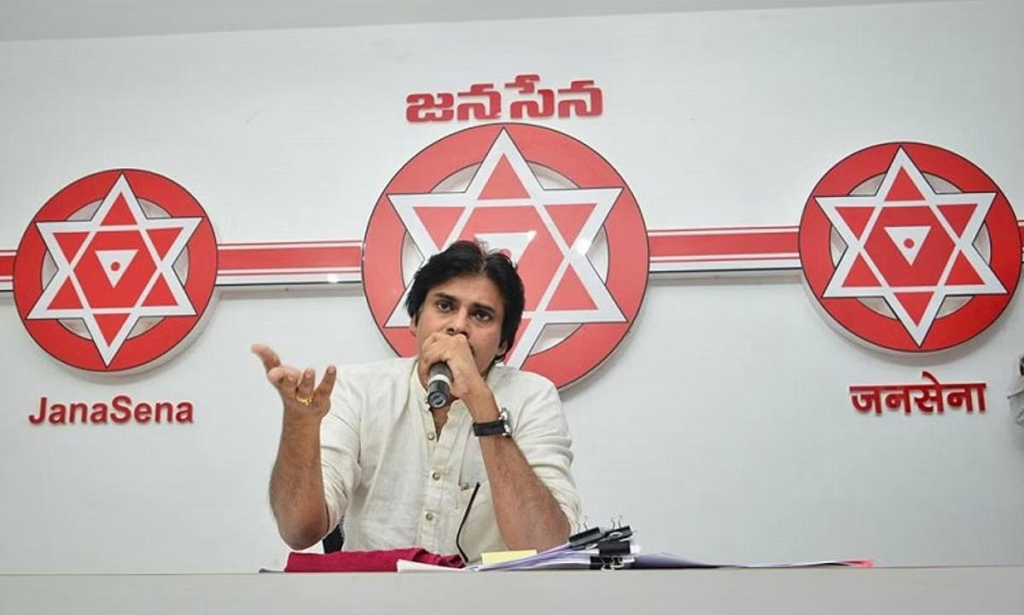
When Kalyan founded his party in March 2014, he faced a tight timeline to participate in the April assembly elections following Andhra Pradesh’s bifurcation. Despite his significant fan base and the enthusiastic support of the Kapu community to which he belongs, his party lacked the necessary organizational framework and experienced leadership to swiftly enter the political arena.
The actor’s support for the Telugu Desam Party-Bharatiya Janata Party alliance led them to power. However, over the next five years, Kalyan’s party failed to strengthen itself while the YSRCP, under Y S Jagan Mohan Reddy, flourished, diminishing Jana Sena’s presence. Just before the 2019 elections, Kalyan awakened and criticized both the TDP led by N Chandrababu Naidu and the Narendra Modi government for neglecting Andhra Pradesh’s special category status. Aligning with the Communist parties and the Bahujan Samaj Party, Kalyan contested the 2019 elections.
Jagan Mohan Reddy’s resounding victory with 151 out of 175 assembly seats contrasted with Jana Sena’s mere 5% vote share and one MLA, who later joined the YSRCP. Kalyan faced defeat in both contested seats – Gajuwaka in Visakhapatnam and Bhimavaram in West Godavari.
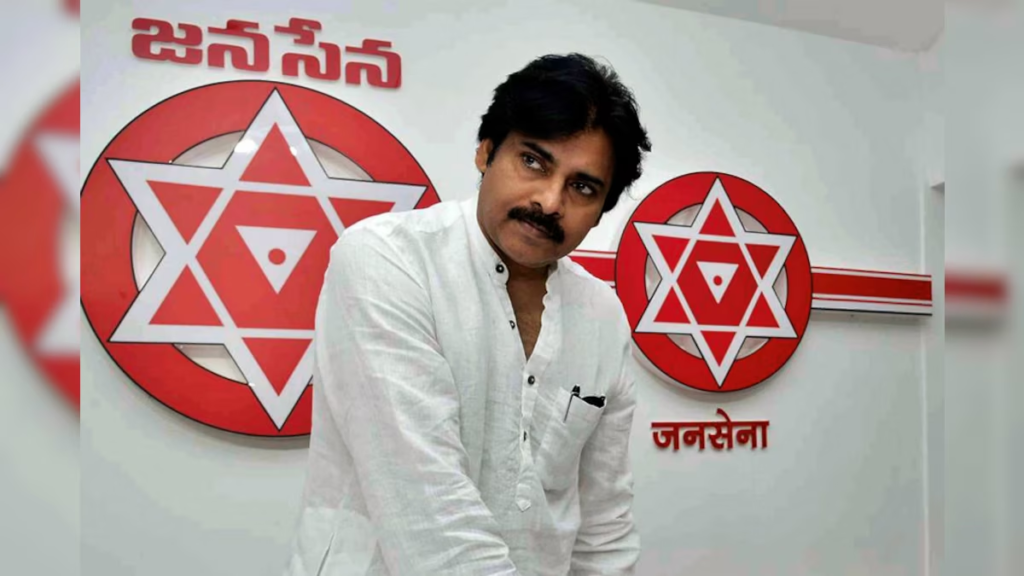
Following the elections, Kalyan retreated to the sidelines, making sporadic appearances for film shoots. While not entirely abandoning politics, he distanced himself from the Left parties and the BSP, aligning instead with the Bharatiya Janata Party, a waning force in state politics. Despite this union, there was little evidence of collaboration on the ground, with both parties failing to coordinate any joint initiatives.
In the 2020-21 local body elections, the Jana Sena Party tested its strength but met with little success across all districts. Kalyan engaged in some public outreach efforts, yet they seemed more self-serving than geared towards party grassroots development. Meanwhile, as the TDP made strides to reclaim lost territory and pose a significant threat to the YSRCP, the JSP remained relatively subdued with limited public outreach activities.
Nonetheless, the Jana Sena Party continued to serve as a focal point for the Kapu community and its allied sub-castes, constituting about a quarter of the electorate. Political analyst Mallu Rajesh remarked, “The Kapus, who predominantly supported the YSRCP in 2019, grew disillusioned with the Jagan administration and pinned their hopes on Pawan Kalyan as a potential savior in the 2024 elections. Despite efforts to portray him as a prospective chief minister, he fell short of their expectations by neglecting party building.”
Also Read: Andhra Pradesh: YSRCP suspends Chittoor MLA for meeting Pawan Kalyan.
As the elections drew near, Kalyan recognized the TDP’s growing influence and forged an alliance with them. Likewise, Chandrababu Naidu sought backing from the Kapu community and allied with Kalyan. Disappointment arose among Kapu leaders when Kalyan settled for just 24 assembly seats and three Lok Sabha seats in the alliance.
The veteran Kapu leader, Ch Harirama Jogaiah, leading the Kapu Samkshema Sena, expressed profound letdown in how Kalyan yielded to the TDP. Jogaiah suggested that Jana Sena’s leader should have demanded a more substantial share, around 50 assembly seats, from the TDP, given Naidu’s dependence on Pawan Kalyan’s support to secure power. He also felt that Kalyan should have secured a solid commitment from Naidu regarding power-sharing, with Kalyan assuming the CM position for the initial two years.
Another Kapu leader and spokesperson for the YSR Congress party, Ambati Rambabu, criticized Kalyan for betraying the trust of his community. He questioned Kalyan’s ambition to become chief minister while settling for just 24 seats. Rambabu suggested that Kalyan follow in his brother Chiranjeevi’s footsteps and merge his party with the TDP, drawing parallels to Chiranjeevi’s merger of the Praja Rajyam Party with the Congress in the past.
Kalyan defended his decision, stating, “I’ve taken just 24 seats because my main goal isn’t to be CM but to unseat Jagan first.” He acknowledged his lack of wealth like Jagan or TDP’s political experience, emphasizing their focus on grassroots efforts. Political analyst Sriram Karri noted the challenge of sustainability for a new party and critiqued Kalyan’s progression.
While seen as a hero at the party’s start, he’s now viewed as a supporting actor. Opting for 24 seats in 2024 may hinder his hero status revival, hinting at a longer-term strategy for 2029.






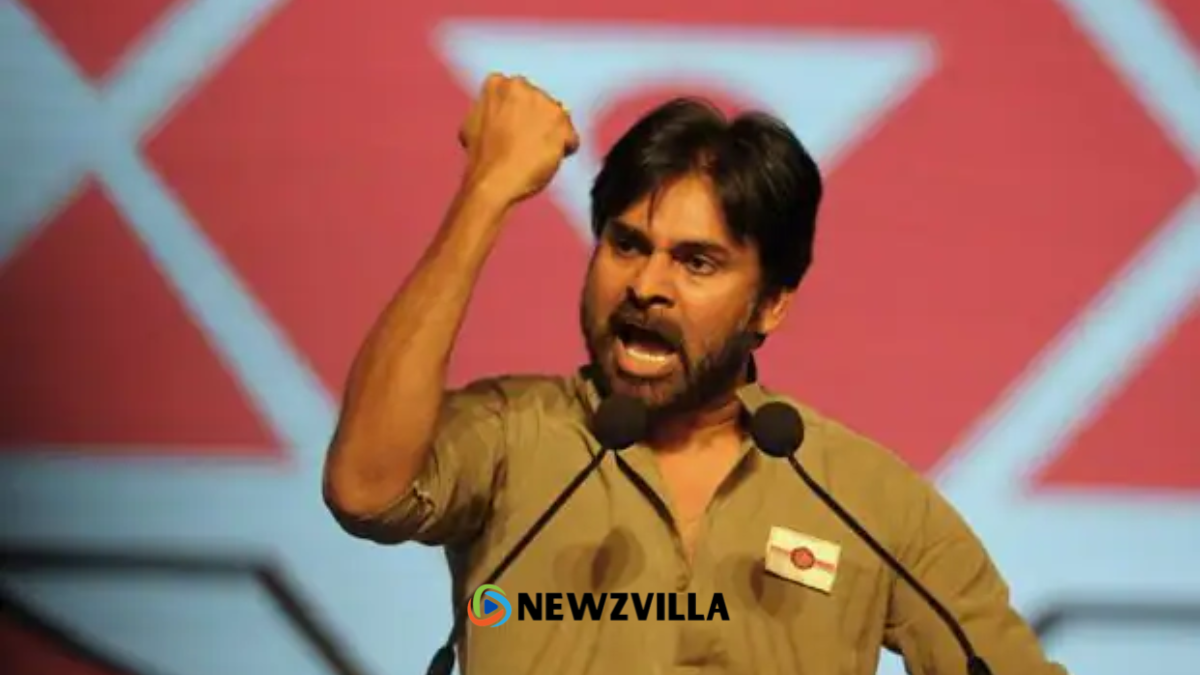
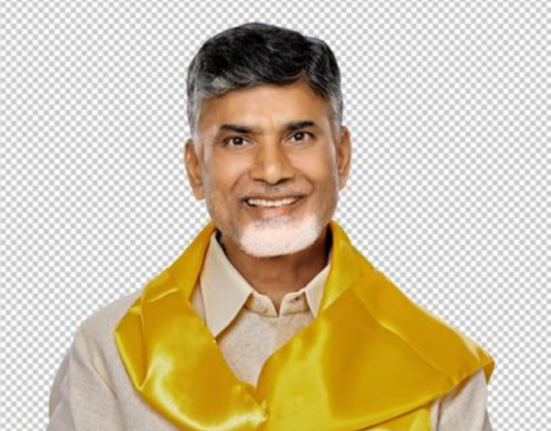
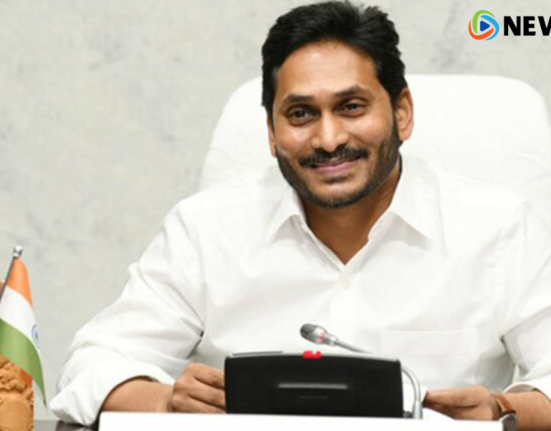

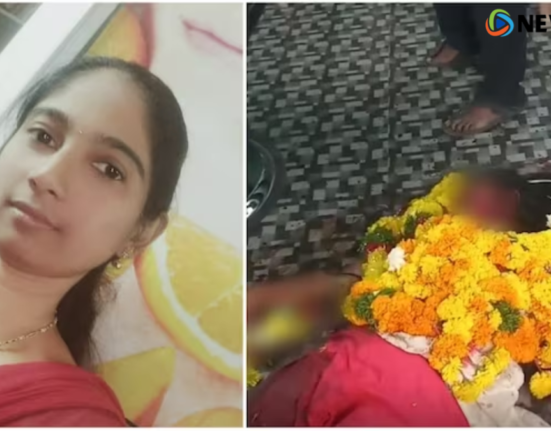
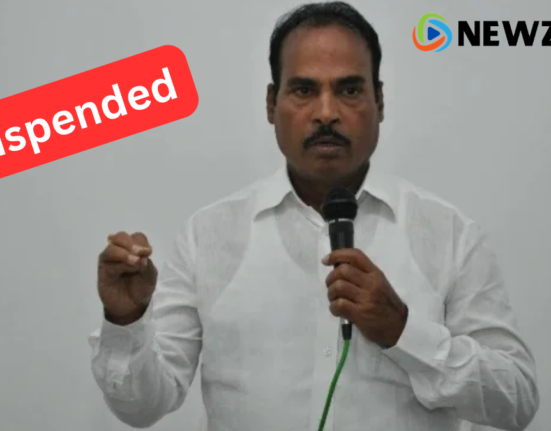
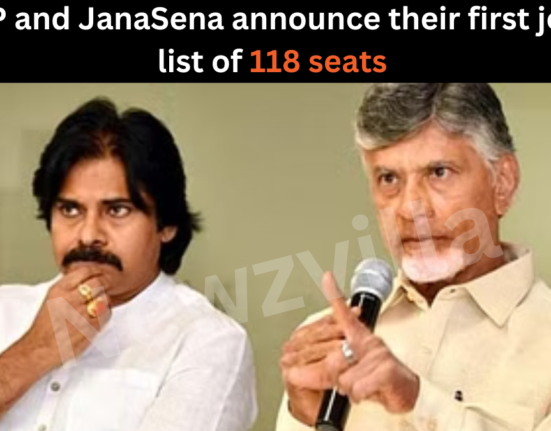
Leave feedback about this